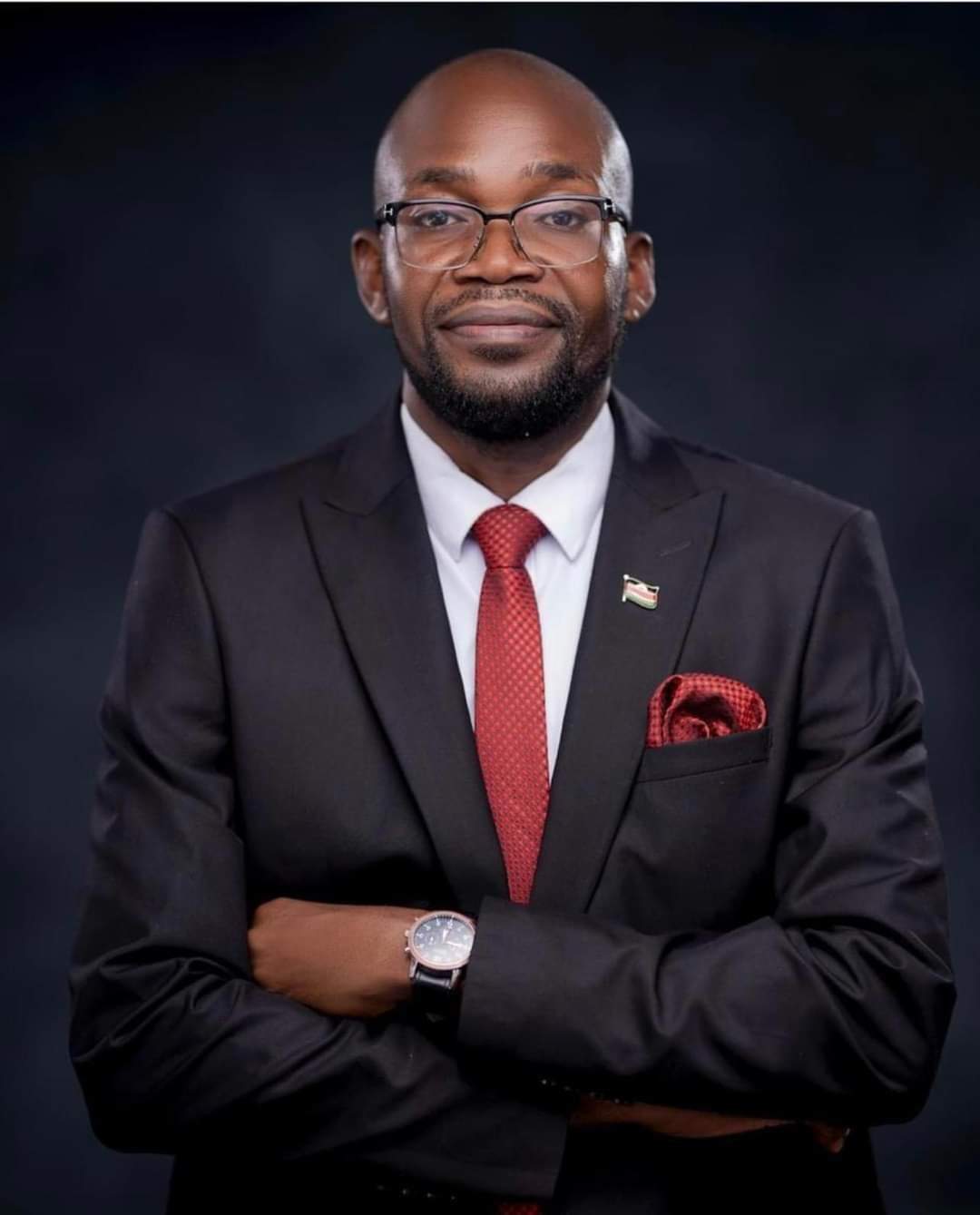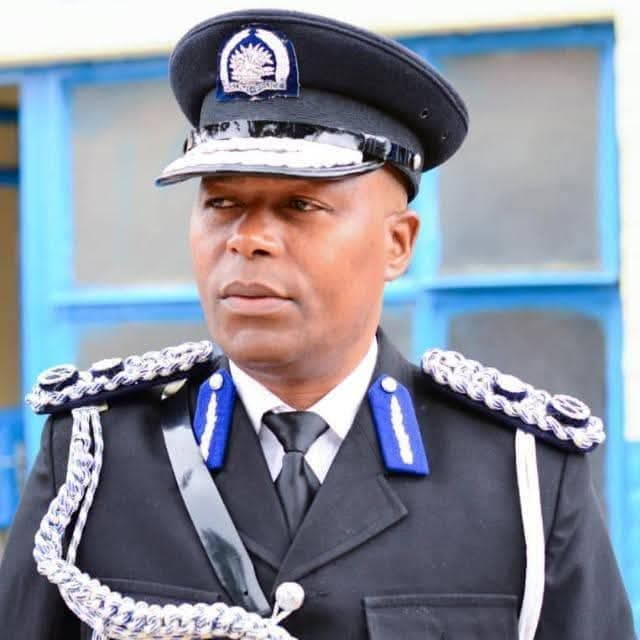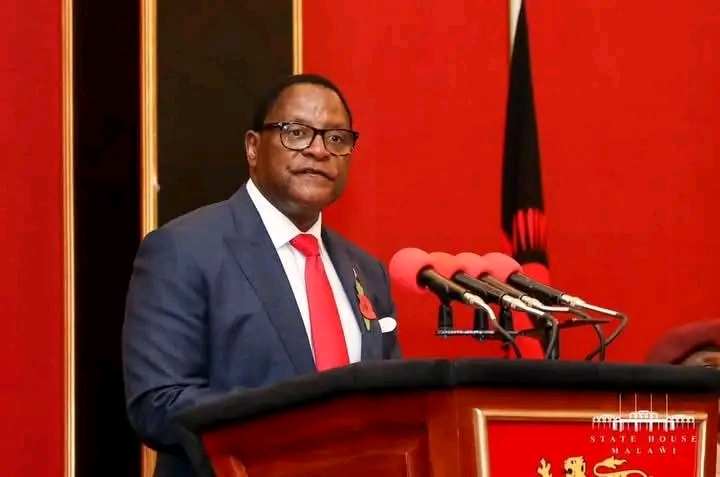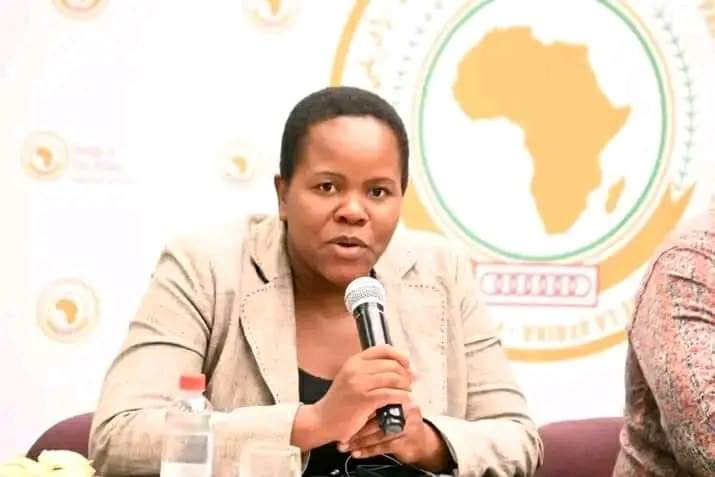By Burnett Munthali
In any democratic society, transparency and accountability are cornerstones that bind the relationship between a government and its citizens. Recent developments within Malawi’s political landscape, particularly the silence of Honorable Moses Kunkuyu, the Minister of Information and Digitalization, have sparked significant concerns among the public. Kunkuyu’s choice to remain silent on crucial interviews regarding government dealings poses serious implications for the Malawi Congress Party (MCP) government, which is already under heightened scrutiny.
As the government’s spokesperson, the Minister of Information holds a vital role in communicating policies, decisions, and ongoing developments to the public. It is a position designed to ensure that citizens are informed and can engage with the government’s agenda. Honorable Kunkuyu’s recent silence, especially amid pressing issues, undermines this fundamental duty, raising questions about the transparency of the government. This communication gap leaves a vacuum that can easily be filled by speculation, mistrust, and misinformation, particularly in today’s digital age where access to information is crucial.
In a democracy, effective communication between the government and the public is non-negotiable. When officials choose to stay silent on critical matters, it risks sending a negative message that the government either has something to hide or lacks confidence in its decision-making processes. Over the past few weeks, the Malawian public has been demanding clarity on various government actions, including questionable financial expenditures, policy shifts, and the accountability of public officers. The continued silence of Kunkuyu, however, has raised eyebrows and is seen by many as a deliberate evasion of responsibility.
This lack of engagement has damaging consequences. Silence not only stirs public disillusionment but also breeds a culture of suspicion. In the absence of factual information, rumors spread, further eroding the government’s credibility. Additionally, communication failures create fertile ground for political opposition to exploit these weaknesses, potentially mobilizing voters against the ruling MCP ahead of the 2025 elections.
There are several key implications of Honorable Kunkuyu’s refusal to engage:
Firstly, silence from government officials can severely damage public trust. Citizens look to leaders for direction, particularly in times of uncertainty. When there is a breakdown in communication, it cultivates an environment of suspicion and disillusionment. For a government like the MCP, this could lead to a loss of credibility among voters.
Secondly, without clear communication, the public is left to draw conclusions from rumors and false narratives. In the digital era, misinformation spreads rapidly, and the government’s silence only accelerates this process. Failure to provide transparency on key issues leaves room for speculation, further complicating public discourse.
Thirdly, as the 2025 elections approach, every action—or inaction—by government officials will be under intense scrutiny. If Kunkuyu’s silence is perceived as a deliberate avoidance of tough questions, it could alienate voters who demand accountability. This could ultimately weaken the MCP’s support base, as political opponents capitalize on this gap in leadership.
Fourthly, democracy thrives on open dialogue. Kunkuyu’s refusal to engage not only prevents citizens from receiving necessary information but also discourages them from participating in critical discussions. This absence of communication diminishes public involvement in governance and undermines the principles of a responsive and accountable administration.

One glaring example of the risks posed by ministerial silence is the ongoing controversy surrounding Sheikh Ahmed Al Qassimi’s recent statement. The Sheikh’s firm denial of any business involvement in Malawi has raised pressing questions regarding the government’s dealings with foreign entities. With widespread speculation about the nature of these dealings, the public has been left in the dark as to the government’s position. To date, Minister Kunkuyu has remained silent, failing to provide clarity on an issue that has wide-reaching implications for the country’s economic and diplomatic standing. This kind of inaction leaves room for doubt about the government’s integrity in handling international affairs.
In conclusion, Honorable Moses Kunkuyu’s silence is not simply a political misstep—it threatens to erode the very foundation of trust that should exist between the government and its people. For the MCP government, the stakes are high. The Minister of Information’s role as a communicator is essential in fostering transparency, rebuilding public trust, and combating misinformation. The silence observed thus far will only further isolate the government from its constituents, who are growing increasingly frustrated with the lack of answers.
As Malawi moves forward, it is imperative that government officials like Kunkuyu acknowledge their responsibility to the public. The health of Malawi’s democracy depends on open communication and a willingness to engage with the issues that matter to its citizens. For the MCP, failure to address these concerns promptly could lead to far-reaching political consequences as the nation heads towards the 2025 elections. It is time for the government to break the silence and restore faith in its ability to lead transparently and effectively.




